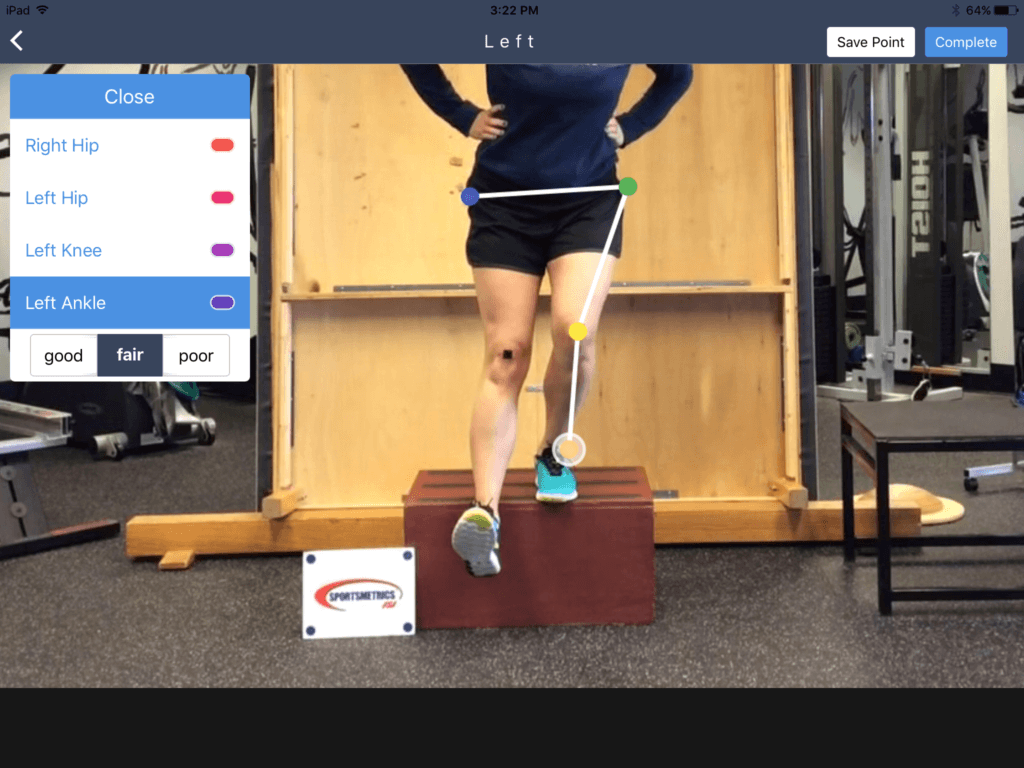
A household member addicted to alcohol or other drugs.Witnessing a mother or stepmother being treated violently.Related: Healing From Childhood Emotional Neglect In 6 Steps (+FREE Worksheets PDF) Five kinds of household dysfunction The results show that ten commonly reported ACEs predict a very wide range of psychological and physical problems. The study analyzed the medical records of more than 17,000 patients at a large health maintenance organization. The Adverse Childhood Experiences (ACEs) Study was conducted by two medical doctors, Vincent Felitti, head of Kaiser Permanente’s Department of Preventive Medicine in San Diego, California, and Robert Anda, a Centers for Disease Control and Prevention researcher (Felitti 2002).
#TRAUMA TEST HOW TO#
Related: Undermothered: How to Mother Yourself Using These Practical 10 Strategies? The Adverse Childhood Experiences Study The last type of stress represents adverse childhood experiences.

If unresolved, the effects can be passed from one generation to the other. Toxic stress, on the other hand, is severe and chronic and adversely affects the person in ways that impair his health, work performance, relationships, judgment, impulse control, etc. For example, the death of a loved one may cause high levels of stress.ģ. Tolerable stress is more intense but recovery occurs before there is lasting physical or psychological damage. For example, the stress a student may feel before his exam will help him prepare better and stay alert.Ģ. Good stress is one that challenges us without leaving us feeling overwhelmed. There are three types of stress: good stress, tolerable stress, and toxic stress (McEwen 2017).ġ. The initial trauma of a young child may go underground, but it will return to haunt us.


The Adverse Childhood Experiences Study.


 0 kommentar(er)
0 kommentar(er)
